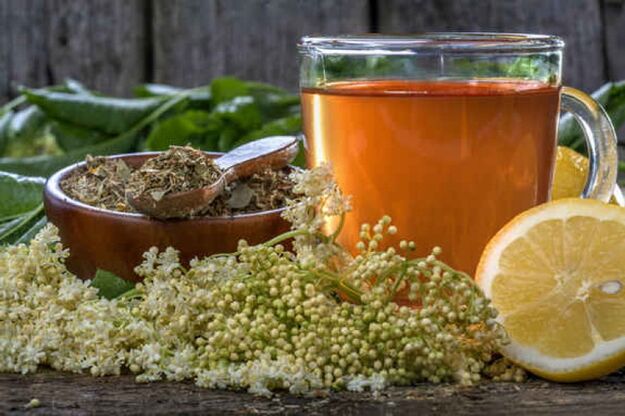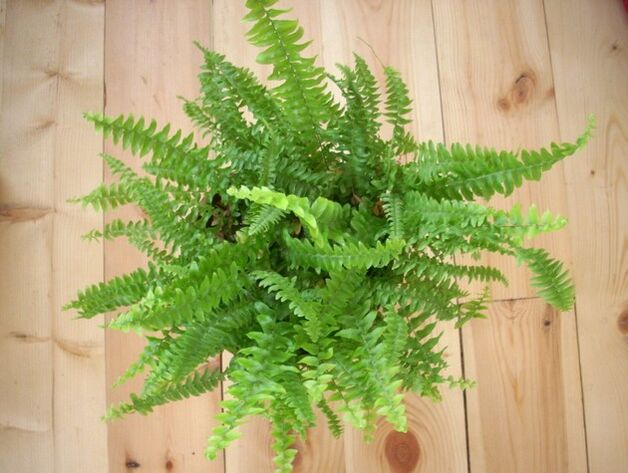Helminths are parasitic worms that no one is immune from infection. According to statistics, more than 80% of the world's population is infected with worms. With helminthic invasion, medications must be used. As an additional therapy, folk remedies for worms in humans are often used. But before starting treatment, it is necessary to know why the helminth species of parasites infect the body and what are their symptoms.

Risk factors
The routes of infection depend on the type of worm, but most often infection occurs for several main reasons, described below:
- poor hand hygiene;
- close contact with pets;
- the use of poorly fried meat;
- intake of fish that has undergone insufficient heat or salt treatment;
- drinking unpurified water;
- consumption of poorly washed fruits and vegetables.
Each of the factors causes its own type of helminthiasis. A parasitic worm, depending on its species, has a body of various sizes and its own structural features. These types of helminths are treated with folk remedies and medicines.
Types of worms and characteristic symptoms
The most common types of helminths are:
- roundworm;
- pinworms;
- opisthorchia;
- liver fluke;
- trichinella;
- whipworm;
- pork tapeworm.

Ascaris and pinworms live in the human intestine and have similar symptoms. Infection occurs through contact with a sick person who spreads the eggs of the parasite into the environment through contact with objects.
These types of parasites are characterized by the following symptoms:
- pain in the lower abdomen;
- loose stools, followed by constipation;
- itching in the anus;
- poor appetite and nausea;
- increased irritability.
All these signs clearly indicate the presence of uninvited guests in the body. If you do not remove the worms from a person in time, then in the future it will lead to serious health problems.
Opisthorchis and the liver fluke choose the main human digestive gland, the liver, as their habitat. Invasion occurs when eating fish of the cyprinid family, which has undergone poor processing during boiling, frying or salting. Also, these types of parasites can be transmitted through uncooked meat. The characteristic signs of the presence of flukes are:
- broken stool;
- pain in the right hypochondrium;
- feeling of nausea and bitterness in the mouth.
Subsequently, these worms in humans lead to chronic pathologies of the liver and bile ducts, which are then almost impossible to get rid of. Removal of helminths from the body of this species is a rather complicated process and requires inpatient treatment. Flukes can be cured only with the help of medicines.
The main carriers of Trichinella are mammals. When eating poorly processed meat of domestic pigs, bears and wild boars, infection occurs in humans. Symptoms of infection in humans are rapidly developing allergic reactions, damage to blood vessels and joints. During this period, there may be an increase in temperature to 39 degrees and above, as well as muscle pain. Folk anthelmintics allow you to paralyze Trichinella and remove them from the body.
Vlasoglav, which causes a disease such as trichuriasis, has similar symptoms with pinworms and roundworms. Invasion occurs by getting the eggs of the parasite through contaminated soil, vegetables, fruits and dirty hands that the larvae have fallen on. To remove the parasite, it is necessary to use anthelmintic agents for humans.
Pork tapeworm causes such a dangerous type of helminthic invasion as cysticercosis. Infestation can only be transmitted from person to person or poorly fried meat from livestock. This type of parasite can cause severe intoxication of the body and an allergic reaction. Most often, tapeworm parasitizes in the organs of the digestive system, but its larvae can affect other organs, including the brain. In humans, the parasite is difficult to treat with folk remedies.
Medical therapy
Depending on the type of helminthic invasion, a certain anthelmintic is prescribed, which is best used in conjunction with diet therapy and herbal medicine. The traditional method can be used together with an unconventional one, which allows you to remove worms in folk ways.
ethnoscience
Treatment of worms with folk remedies is performed in most cases when parasites affect the human digestive system. But most effectively they help to remove the worms that inhabit the intestines. You can get rid of worms in folk ways while taking medications.

For adults
Remedies for worms in adults are somewhat different from those that can be used in children.
You can treat worms in adults with herbal decoctions for oral administration. Enemas are used only if the worms inhabit the intestines.
Folk recipes often contain the following herbal ingredients:
- tansy;
- sagebrush;
- fern;
- centaury;
- onion and garlic.
Tansy is a remedy for worms, which is most often included in anthelmintic recipes. The herb has an excellent anthelmintic effect and is able to quickly expel parasitic worms. At home, a drink is prepared from crushed leaves and inflorescences of grass in this way: a tablespoon of the plant is steamed in a glass of hot water. Drink in three doses before eating. You can remove helminths with tansy within two weeks. Ascaris, pinworms and whipworm are sensitive to it.
Alternative treatment also includes taking infusions based on wormwood. At home, a decoction of herbs is prepared in the following way: a teaspoon of a crushed plant is poured into a glass of hot, boiled water. The drink should be infused for an hour and only then it is drained. Take 2 tbsp. l. before meals up to three times. The plant is considered highly toxic, so it should be taken with extreme caution. A decoction of wormwood is often used in anthelmintic therapy, since it is possible to remove worms with it very quickly. Its anthelmintic effect lies in the fact that the infusion paralyzes parasites, and they lag behind the intestinal mucosa. To expel helminths in children, it is strictly forbidden to use it.

Fern is also on the list of herbs to combat worms. Most often it is used to expel tapeworms, which include pork and bovine tapeworm. The grass belongs to very poisonous plants, so it is used with extreme caution. Traditional medicine suggests preparing the following healing drink at home with this plant: 1 tbsp. l. crushed plant pour a glass of boiled water. After a quarter of an hour, you can take 1/4 cup on an empty stomach. It should be noted that herbal medicine does not help expel helminths, but only paralyzes them. Therefore, after taking the remedy, it is recommended to take an antihelminthic medication.
Effective folk remedies also include herbal preparations. The most popular recipe that is prepared at home to expel ascaris and pinworms is a decoction of tansy, bitter wormwood and chamomile. Each of the herbs is taken in equal proportions and mixed. From the received collection you will need 1 tbsp. l. mixture, which is mixed with boiling water. In the evening, drink half a glass of the drink, and the second - on an empty stomach in the morning.
The following folk remedy against worms in humans helps to fight flukes: tansy, centaury, wormwood, mint leaves and buckthorn bark are taken in the same amount and mixed. From the mixture take 1 tsp. components and steamed in boiling water in the amount of 1 cup. This method is not suitable for expulsion, but the active components of the plant paralyze the parasite and allow it to come out after taking anthelmintics.
Onion infusion is also often used in the treatment of helminthiasis with folk remedies. For its preparation, the fruits are cleaned, crushed, placed in a half-liter jar, which are half filled with the resulting slurry, and the other half is poured with vodka. After 10 days, the tincture can be taken 1 tbsp. l. before eating.
It is worth remembering that when expelling worms, folk remedies without the use of medications may not help. How to get rid of worms by folk methods, a phytotherapist can also tell you.
For kids
Treatment with folk remedies using herbal medicine in children is not welcome. Treatment methods in a child include the use of the following herbal and natural products:
- walnuts;
- garlic and onions;
- pumpkin seeds.

At home, a decoction is prepared from unripe, peeled walnuts, which are taken in the amount of 1 tbsp. l. and pour freshly boiled water in the amount of 1 cup. This decoction is mainly used to get rid of pinworms. The resulting drink is taken half an hour after brewing on an empty stomach. Treatment is carried out for 10 days.
Pumpkin seeds are a popular folk remedy for the treatment of worms, which can expel worms. Every morning, a child on an empty stomach should be given a handful of raw seeds.
You can treat roundworms and pinworms in a child with onion broth, for the preparation of which you will need a glass of boiling water and one large chopped onion. The decoction should be infused overnight. The next morning it is taken in half of the volume received.
With the help of garlic, you can also fight the parasites that inhabit the children's intestines. A crushed plant head is taken into a glass of milk, which is boiled over low heat for a quarter of an hour. Allow to cool, take orally half a glass.
Recommendations
Folk remedies against worms in humans, both in children and adults, can only be used after they are approved by the attending physician. To date, there are many affordable means against helminthiasis that can be purchased even if a person does not have a lot of money. It is unlikely to get rid of worms with folk remedies without the use of anthelmintics. Treatment for worms is prescribed by an infectious disease specialist or parasitologist in adults and a pediatrician in children. Only a specialist will be able to choose an effective and correct treatment regimen. It is also necessary to remember that it is necessary to get rid of worms in a timely manner in order to prevent the development of chronic diseases against the background of helminthiasis.























